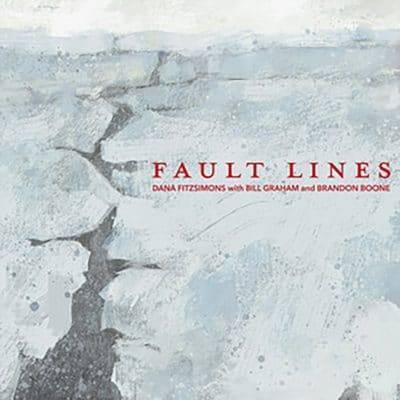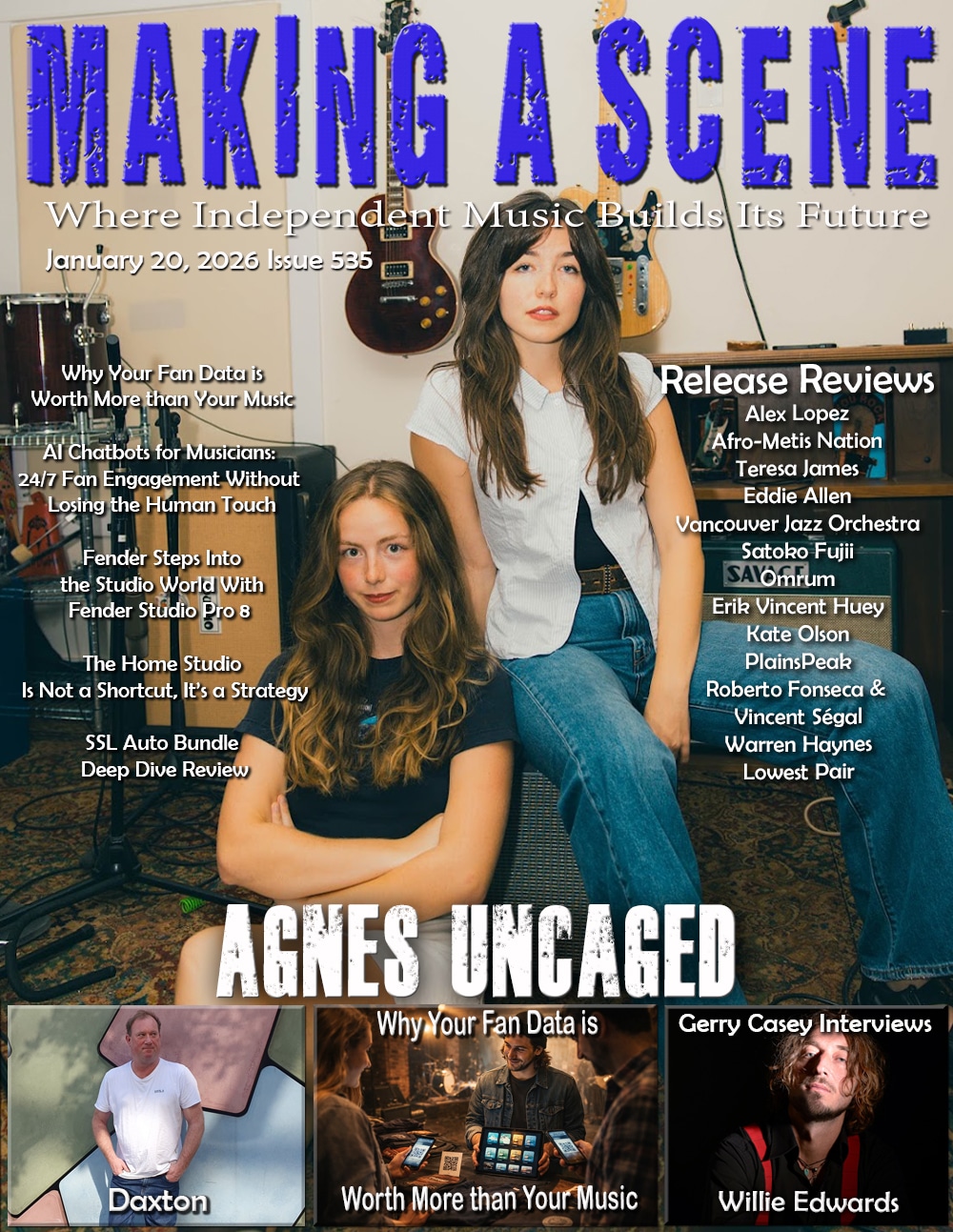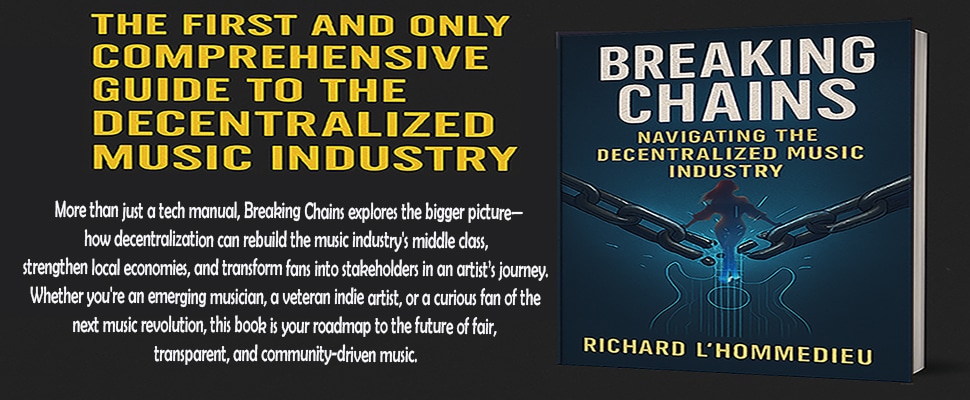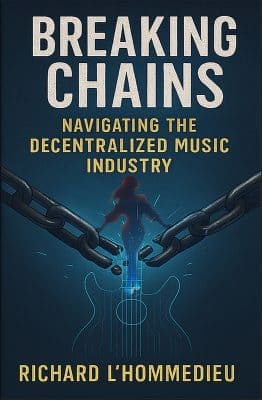Dana Fitzsimmons with Bill Graham and Brandon Boone Fault Lines
 Dana Fitzsimmons with Bill Graham and Brandon Boone
Dana Fitzsimmons with Bill Graham and Brandon Boone
Fault Lines
Self-released
Jazz trio albums come in many shapes, colors, and configurations with this one, Fault Lines, in the standard piano-bass-drums lineup, anything but standard in its delivery of the music which, for lack of a better term, is free jazz. Drummer and leader Dana Fitzsimmons is an accomplished lawyer in his “day job” and has only one other recording prior to this one, 2017’s Cheap Ensemble. He collaborates here with two Atlanta-based jazz mainstays – pianist and impressive composer Bill Graham and bassist Brandon Boone, who currently holds down the bottom for the Tedeschi-Trucks Band. While Fitzsimmons first album was melancholy, introspective, and moody, he was searching for a more vibrant voice in this outing. Emerging from the pandemic lock-down, this session released pent-up energy among the three and like the best of trios, required intent listening and interaction among all three. While the goal was primarily free expression, the trio found their guiding lights in the music of Chick Corea, Keith Jarrett, Paul Motian and broadly, in the ECM sound.
Graham composed six of the eleven pieces, beginning with rollicking, percussive “Slant Anagrams,” echoing the music of Chick Corea’s early trios. “Agitation Lullaby” is the lone contribution from the leader, actually a co-write with saxophonist Chris Otts. Its dichotomy depicts the lullaby aspect of the tune as a memory of his wife singing beautifully to his young children while he, the ‘agitated,’ was going through a stressful period. Fitzsimmons’ creative kit work comes to the fore, especially near the end of the piece. “Crystals” is a free form slow burning improvisation, with all three members taking writing credits, as they developed it by reflecting on specific images handed to them by the leader. One gets a strong sense of Graham’s compositional prowess in the moody “Ice Bridges Before Road,” a ballad based on a simple AABA form that the band plays just once and proceeds to improvise around and through it.
“Borders” recaptures the energetic kind of feel of the opening, a musical protest to our increasingly divisive state, yet it melts away sweetly in the close. “Number Six,” coincidentally positioned as such in the sequence,” is the third consecutive Graham original, also built around a fairly simple form, with the music ebbing and flowing briskly. The one standard is the Rogers and Hart “Where or When,” a ballad rendered mostly faithfully except that the trio does not adhere to one time signature. “It Should Have Happened a Long Time Ago” is a nod to Paul Motian, a major influence for Fitzsimmons and was the title track for Motian’s ECM album. The trio delivers a brooding, pensive take as they do for another ECM favorite, an arrangement of the closing Joni Mitchell’s “Amelia,” based on Keith Jarrett’s Standards Trio version of the tune.
Sandwiched in between the ECM-like pieces are two more Graham originals, “Weeble Wooble,” with music emulating the toy that sways from side to side without falling down. It’s jagged and Monk-like. The extended “Intersections” features more percussive piano with the trio reaching its most intense heights, especially in the improvised mid-section which forms the bulk of piece aside from the bookended composed opening and close.
The label “free jazz” may suggest esoteric, but this is highly accessible, filled with lyricism, unexpected shifts in dynamics and tempos, and an adventurous spirit. As it turns out, both Graham and Boone play drums too so the trio shares that commonality, thus the engaging rhythmic focus and percussive nature of much of the material.
- Jim Hynes
Buy Us a Cup of Coffee!
Join the movement in supporting Making a Scene, the premier independent resource for both emerging musicians and the dedicated fans who champion them.
We showcase this vibrant community that celebrates the raw talent and creative spirit driving the music industry forward. From insightful articles and in-depth interviews to exclusive content and insider tips, Making a Scene empowers artists to thrive and fans to discover their next favorite sound.
Together, let’s amplify the voices of independent musicians and forge unforgettable connections through the power of music
Make a one-time donation
Make a monthly donation
Make a yearly donation
Buy us a cup of Coffee!
Or enter a custom amount
Your contribution is appreciated.
Your contribution is appreciated.
Your contribution is appreciated.
DonateDonate monthlyDonate yearlyYou can donate directly through Paypal!
Subscribe to Our Newsletter
Order the New Book From Making a Scene
Breaking Chains – Navigating the Decentralized Music Industry
Breaking Chains is a groundbreaking guide for independent musicians ready to take control of their careers in the rapidly evolving world of decentralized music. From blockchain-powered royalties to NFTs, DAOs, and smart contracts, this book breaks down complex Web3 concepts into practical strategies that help artists earn more, connect directly with fans, and retain creative freedom. With real-world examples, platform recommendations, and step-by-step guidance, it empowers musicians to bypass traditional gatekeepers and build sustainable careers on their own terms.
More than just a tech manual, Breaking Chains explores the bigger picture—how decentralization can rebuild the music industry’s middle class, strengthen local economies, and transform fans into stakeholders in an artist’s journey. Whether you’re an emerging musician, a veteran indie artist, or a curious fan of the next music revolution, this book is your roadmap to the future of fair, transparent, and community-driven music.
Get your Limited Edition Signed and Numbered (Only 50 copies Available) Free Shipping Included
Discover more from Making A Scene!
Subscribe to get the latest posts sent to your email.









